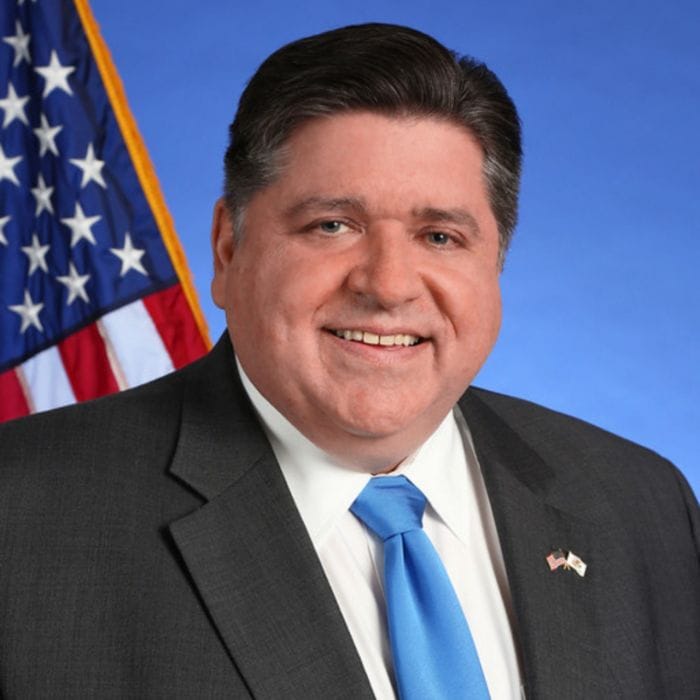Illinois continues to be in a state of emergency, according to Gov. J.B. Pritzker’s continued COVID-19 declarations.
The Land of Lincoln is one of 14 states with COVID-19 emergency orders still in place, and a political action group is saying enough is enough.
Since the beginning of the pandemic over two years ago, Pritzker has exercised powers granted to him by state law to enact policies during states of emergency. The governor has issued 116 orders and declared a statewide disaster dozens of times to extend those powers.
Since March 2020, the executive orders included closing schools and businesses, suspending enforcement of various laws, and limiting the size of public gatherings.
State Rep. Adam Niemerg, R-Dietrich, a member of the Illinois Freedom Caucus, said the emergency orders are a form of control by Pritzker.
“They have always driven the science to suit what they feel is the political narrative to keep themselves in power,” Niemerg said. “This has never been about making clear, concise decisions for the future of Illinoisans during the pandemic.”
Iowa was the latest Midwest state that no longer operates under pandemic emergency rule, when last winter, Gov. Kim Reynolds lifted her state’s emergency public health disaster status.
In a statement, Reynolds said she believed Iowans will make the right choices for themselves and their communities.
“The response to COVID-19 has failed at every level of the Pritzker administration,” state Rep. Chris Miller, R-Oakland, said. “The response has been based 100% on political science. He is in the process of trying to clean up the mess he created.”
Pritzker’s office did not immediately reply to a request from The Center Square for comment on why Illinois counties were still under a disaster declaration.
The disaster proclamation Pritzker issued June 24 that expires next week says “it is the policy of the State of Illinois to be prepared to address any disasters and, therefore, it is necessary and appropriate to make additional State resources available to ensure that our healthcare delivery system is capable of serving those who are sick.” It goes on to say “this proclamation will assist the state in facilitating economic recovery for individuals and business” and “will assist Illinois agencies in coordinating State and Federal resources” and “recovery funds.”
Some states have made efforts to limit executive powers in the wake of widespread use of emergency executive orders in addressing the pandemic, but the Illinois General Assembly has not acted to address the governor’s ability to issue consecutive executive orders and disaster proclamations.
In 12 states, including Wisconsin and Michigan, the legislature must approve any extension of emergency declarations.
“We need to be completely finished with these executive orders but he wants to continue to sign these and to continue this political narrative,” Niemerg said. “He thinks he is going to be the next president of the United States, and this November, he is not even going to be governor.”
Pritzker faces Republican state Sen. Darren Bailey and Libertarian Scott Schluter in the November midterm election.
This article originally appeared on The Center Square.






